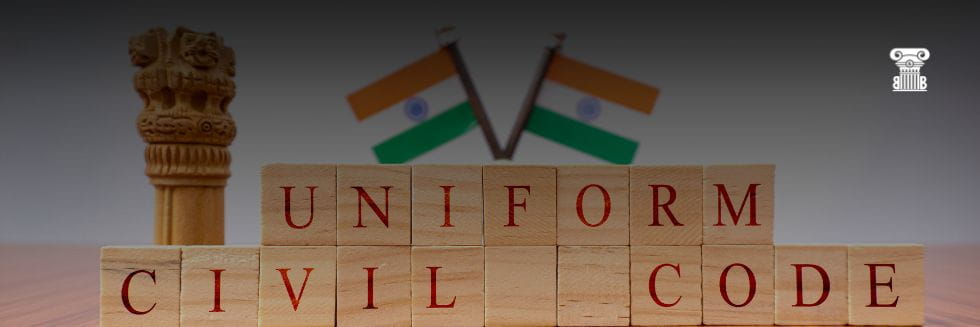The Constitution of India provides for equality before the law and equal protection of laws irrespective of gender, caste, creed, and race.
Succession Pre-1937
When it comes to the equal social status of women in the society, the concept also includes a woman’s right to hold and inherit property as the male members of the family do.
- Even though the law of the land talks about equality for women, women have been suffering a lot of inequalities. Before the enactment of Hindu Women’s Right to Property Act, 1937, women were denied any sort of entailment of share in a Joint Hindu family Property. Succession was only based on survivor ship and after the death of a member of the Hindu undivided family, his share of the property would pass on to a surviving coparcener who would be a male member only of the family.
Hindu Succession Act
Coparcenary means equal inheritance (ancestral property) which was restricted to the male members of the Hindu Undivided Family.
- After the introduction, the Hindu Succession Act, 1956, women were given equal inheritance rights as men but the daughters were not given a birth right in the ancestral property of the Hindu Undivided Family.
- After the introduction of Hindu Succession (Amendment Act) 2005, women were made coparceners in joint property. No female was a member of coparcenaries before this act was amended. If a family was in the ownership of a dwelling house then the daughter’s right was confined to that of residence and not inheritance, possession or ownership. The introduction of this amendment has definitely led to a positive change and provided equal rights to females as that of males when it comes to inheritance and ownership of ancestral property.
HSA 2005 Amendment
While the two main highlights of the Amendment of 2005 were:
1. Giving the daughters equal right in ancestral property and making them a part in the coparcenary.
2. Omittance of Section 23 of the act which stated that a woman cannot ask for partition in a dwelling house occupied by a joint family until and unless the male heirs of the family have decided to divide their respective shares.
Other Provisions
However other than these two major changes other provision of the amendment include:
- In a Hindu Joint Family governed by Mitakshara law, the daughter by birth shall become a coparcener in her own right in the same manner as a son.
- She would have the same rights in the coparcenary property as that of a son.
- She shall be subject to same liabilities in respect of the said coparcenary property as that of a son.
- Any reference to a Hindu Mitakshara coparcener shall be deemed to include a reference to a daughter of a coparcener.
- Any property to which a female Hindu becomes entitled by virtue of subsection (1) shall be held by her through coparcenary ownership and could be disposed of by her by testamentary disposition.
The basic idea of the amendment – Section 6 of the Hindu Succession Act was to achieve equal inheritance for all. Daughter of a coparcener in a Hindu joint family now is coparcener by birth in her own right in the same manner as a son and coparcenary property to be divided and allotted in equal share. The aim is to create awareness regarding the same so that each and every woman is well versed with her rights thus achieving an equal status in the society in all spheres as that of men.








